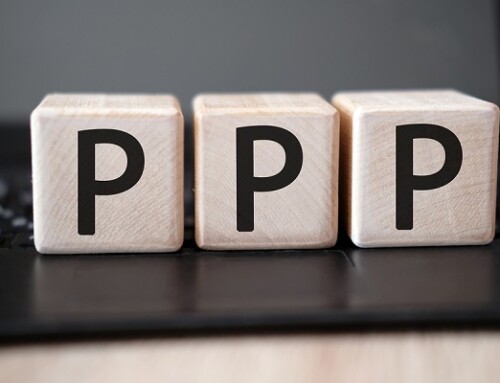What exactly is canceled debt and how does canceled debt affect taxes? Let’s first answer what canceled debt is and then we will delve into how canceled debt can affect your tax situation.
In brief, canceled debt is debt that has been forgiven or discharged by a creditor. A common example of canceled debt is a credit card charge-off. Now that you know what canceled debt is, we’ll share with you how it can affect your tax situation. At some point after debt is discharged or forgiven, the creditor gets around to sending the debtor a Form 1099-C showing the amount that was forgiven or discharged. If the debt was less than $600, you likely will not receive a Form 1099-C. The first paragraph of the instructions for the Form 1099-C which is titled, Cancellation of Debt, reads as follows;
“You received this form because a Federal Government agency or an applicable entity (a creditor) has discharged (canceled or forgiven) a debt you owed, or because an identifi able event has occurred that either is or is deemed to be a discharge of debt of $600 or more. If a creditor has discharged a debt that you owed, you are required to include the discharge amount in your income, even if it is less than $600 on the “Other income” line of your Form 1040. However, you may not have to include all the canceled debt in your income. There are exceptions and exclusions, such as bankruptcy and insolvency. See Pub. 4681, available at IRS.gov, for more details. If an identifiidentifiable event has occurred but the debt has not actually been discharged, then include any discharged debt in your income in the year that it is discharged, unless an exception or exclusion applies to you in that year.”
As mentioned above, generally, canceled debt should be included in your income as Other Income (Line 21 of the Form 1040), unless you qualify for an exception or an exclusion. While bankruptcy and insolvency have been mentioned, there are other exceptions and exclusions that qualify you to exclude canceled debt from your income as well. By the way, insolvency seems to be the most popular exception/exclusion that taxpayers use. If you qualify for an exception or exclusion, there are a few steps that you need to take to officially exclude the canceled debt from your income. No, it is not as simple as not listing it on your tax return. To officially exclude the canceled debt, you will need to complete the Form 982, which is titled Reduction of Tax Attributes Due to Discharge of Indebtedness (and Section 1082 Basis Adjustment). The form 982 should be attached to your tax return for the year that the debt was canceled. We strongly recommend for you to contact us if you are ever in this predicament. The tax laws surrounding this one are complex and not handling it correctly could trigger penalties and/or an audit.





